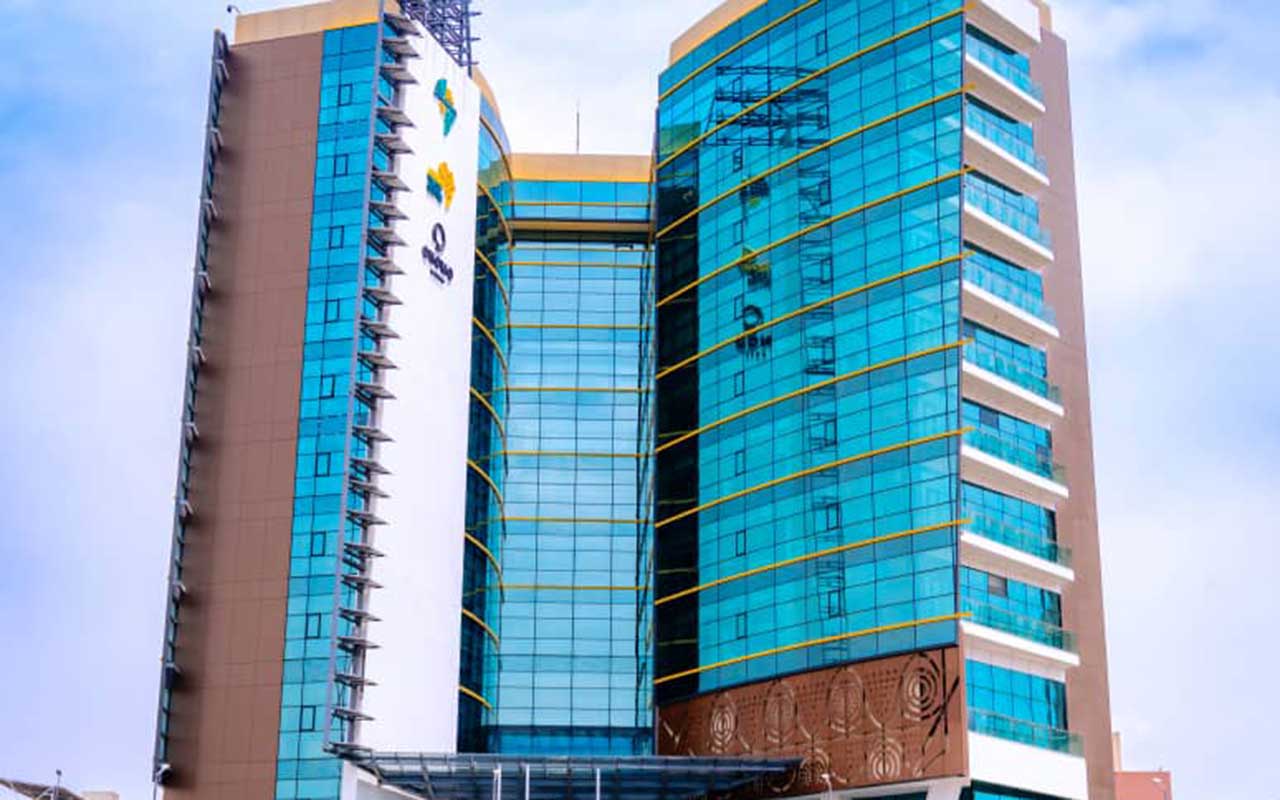Findings from a recent study by Afreximbank have attributed the limited participation of Nigerian and other African contractors in major infrastructure projects to structural and systemic barriers that continue to hinder their competitiveness and access.
Speaking on the findings of a report conducted by Afreximbank to ascertain why African contractors were sidelined in major infrastructure projects across the continent, the Director, Development Research, Afreximbank, Dr Anthony Coleman, highlighted a consistent lack of technical and institutional capacity among local contractors, particularly in the areas of procurement, engineering, and construction management.
These gaps, according to him, limit their ability to prepare high-quality, bankable proposals that can meet the rigorous standards of project owners and financiers.
The study also revealed that many African contractors lacked access to the scale of financing required to participate in and deliver large infrastructure projects. Without access to affordable credit or guarantees, according to him, they are unable to meet prequalification criteria or fund the upfront costs typically required before project disbursements begin.
Another key finding was the limited access to reliable and timely information about available projects. The report noted that contracts were often awarded through opaque processes, with local firms left unaware of opportunities until it was too late to compete effectively.
Furthermore, many of the contract structures and bidding requirements unintentionally and sometimes deliberately exclude African contractors by incorporating clauses that favour large, well-capitalised international firms.
Government agencies surveyed in the report acknowledged these issues, stating that while they were open to engaging local firms, they often found it difficult to identify African contractors with proven capacity and experience. The lack of a centralised, verified database of competent local contractors further compounds this problem, leading project sponsors to default to international partners.
In response to the findings, Coleman emphasised the importance of Africa positioning itself to tap into the $200 billion global EPC market, which is projected to grow to $300 billion by 2035.
To this effect, he revealed that Afreximbank was implementing a comprehensive strategy to bridge the gaps. This includes capacity-building programmes for African contractors, the creation of a centralised platform for EPC (Engineering, Procurement, and Construction) project information, and targeted financial interventions to improve access to capital.
Through these efforts, the bank, according to him, aims to foster a more inclusive infrastructure development ecosystem, one in which African contractors are not just participants but leaders in shaping and executing the continent’s development agenda.
Guardian

